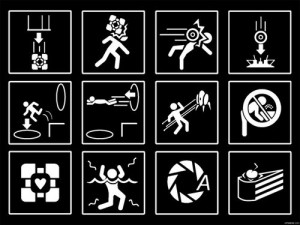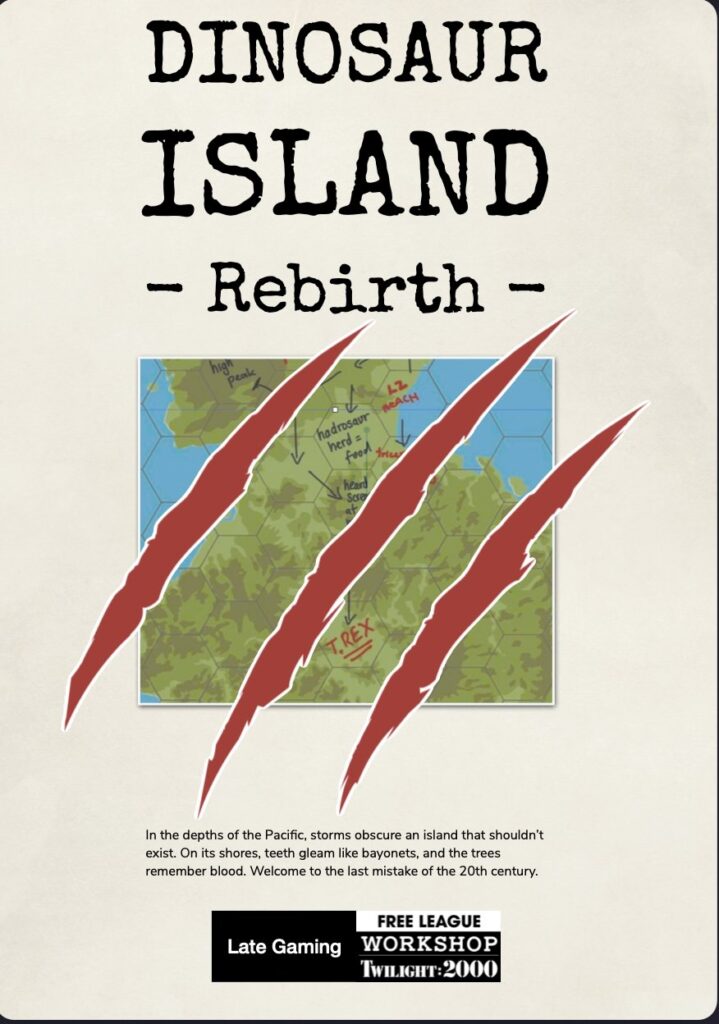Games in Education
I believe that my playing of games has contributed positively to my development as an individual. Traditionally advocacy for gaming has included the development of teamwork and leadership skills, understanding of competition, resource management and also a greater appreciation of geography, politics, religion and ‘alien’ cultures. Games, especially tabletop role-playing games, have been used in education for years as they are comparatively light on resources, encourage participation and are good for personal development.
I read this from BrainyGamer
This year, for the first time, a video game will appear on the syllabus of a course required for all students at Wabash College, where I teach. For me – and for a traditional liberal arts college founded in 1832 – this is a big deal.
…
I pitched the idea to my colleagues on the committee (decidedly not a collection of gamers), and they agreed to try Portal and read selections from Goffman’s book. After plowing through some installation issues (“What does this Steam do? Will it expose me to viruses?”), we enjoyed the first meaningful discussion about a video game I’ve ever had with a group of colleagues across disciplines. They got it. They made the connections, and they enjoyed the game. Most importantly, they saw how Portal could provoke thoughtful reflection and vigorous conversation on questions germane to the course.And so we’re playing Portal at Wabash College.

Portal is, for a single player game, utterly fascinating.
I yearn for a group of individuals who get together to not only play games but also to have meaningful discussion about games and play. To examine the meta-design of games and to discuss the reasons why they are fun.
